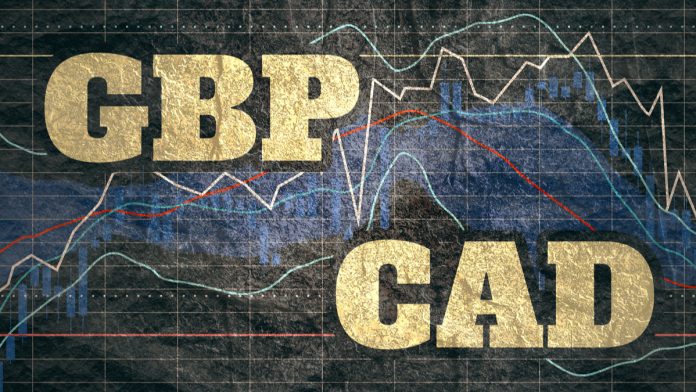GBP/CAD is extending its rally to conclude a bullish week. Currently, the pair is trading at 1.7218, up 0.68% as of 10:12 AM UTC, after gaining over 1.40% yesterday. The price is about to a test a resistance level at about 1.7300, which was dominant in January and February.
WTI, Brent Hit By Unbalanced Supply and Demand
The CAD is under pressure amid declining oil prices amid the coronavirus pandemic. WTI has declined over 1.70% while Brent has plunged over 3%. The two crude brands trade below $23 and $26, respectively. Canada is an oil-dependent economy, which is why its national currency reacts to any major change in the oil market.
Investors are pricing in the declining oil demand amid the economic crisis triggered by the global pandemic. Besides this, Saudi Arabia has recently escalated a price war with Russia by boosting output and cutting sales prices.
Oil producers are experiencing forced output cuts for the first time in over three decades. Crude suppliers from Canada are already taking measures.
Oil giants are announcing major spending cuts. Royal Dutch Shell, Total SA, and Equinor announced that they would cut spending and halt buyback plans for a while.
Goldman Sachs said in a note to clients that the oil industry should be ready for the second round of spending cuts.
“We see US oil production falling almost 1.4 mn bpd over five quarters post 2Q20 based on reduced drilling (i.e., before considering shut-ins of existing wells that are likely to be needed) with covered company capex down 35% [year-on-year] in 2020,” the bank said.
Considering the current circumstances, some analysts believe can briefly tumble to as low as $10 per barrel. Refineries are running out of storage and might be forced to cut processing. JBC Energy said:
“In such an environment, it is as possible for Brent prices to briefly go to $10 per barrel as it was back in 1986 or 1998.”
As for the sterling, the British currency continues to recover after the central bank left the interest rate unchanged at 0.10%.
The country is fighting the COVID-19 outbreak by imposing tighter measures. Even Prime Minister Boris Johnson has recently tested positive on the new virus. Thankfully, he shows mild symptoms.





